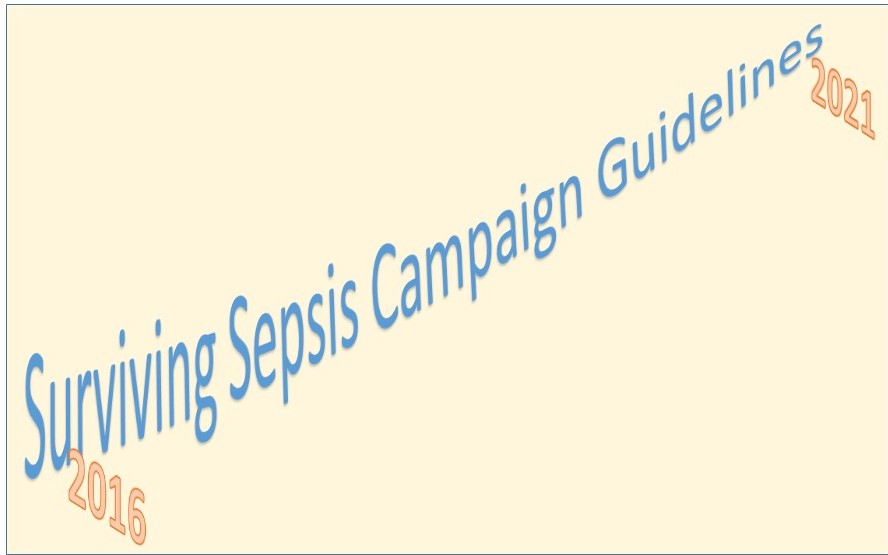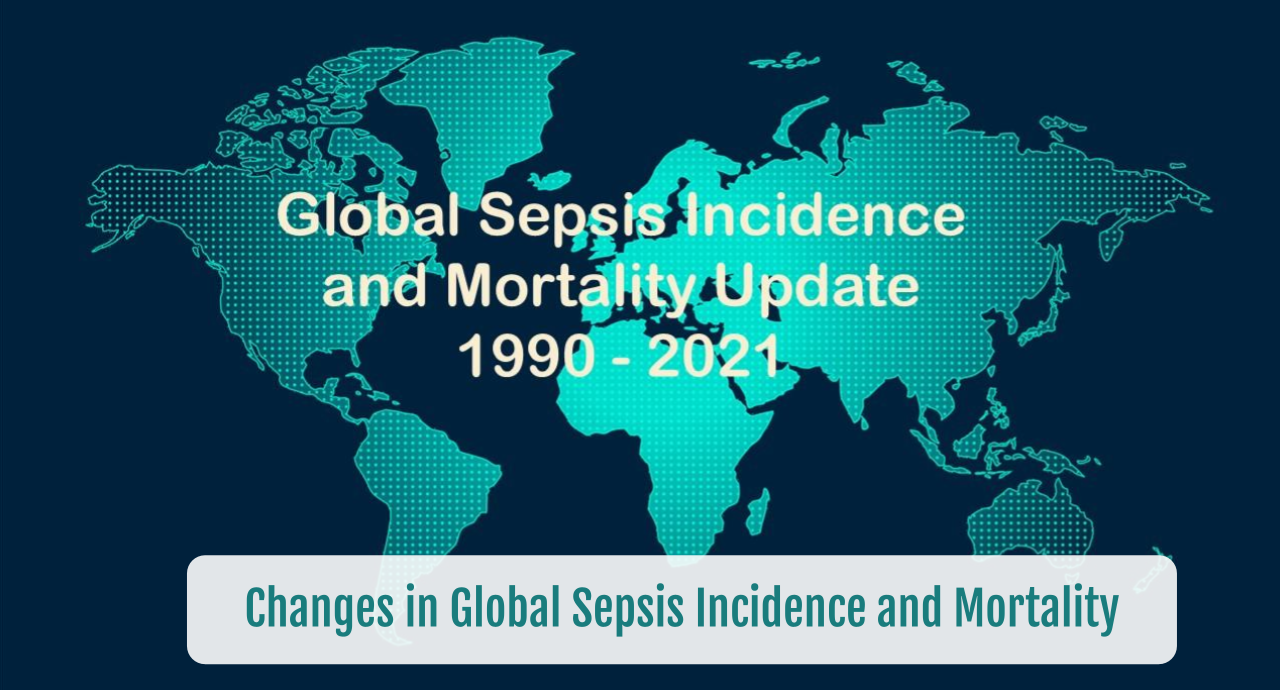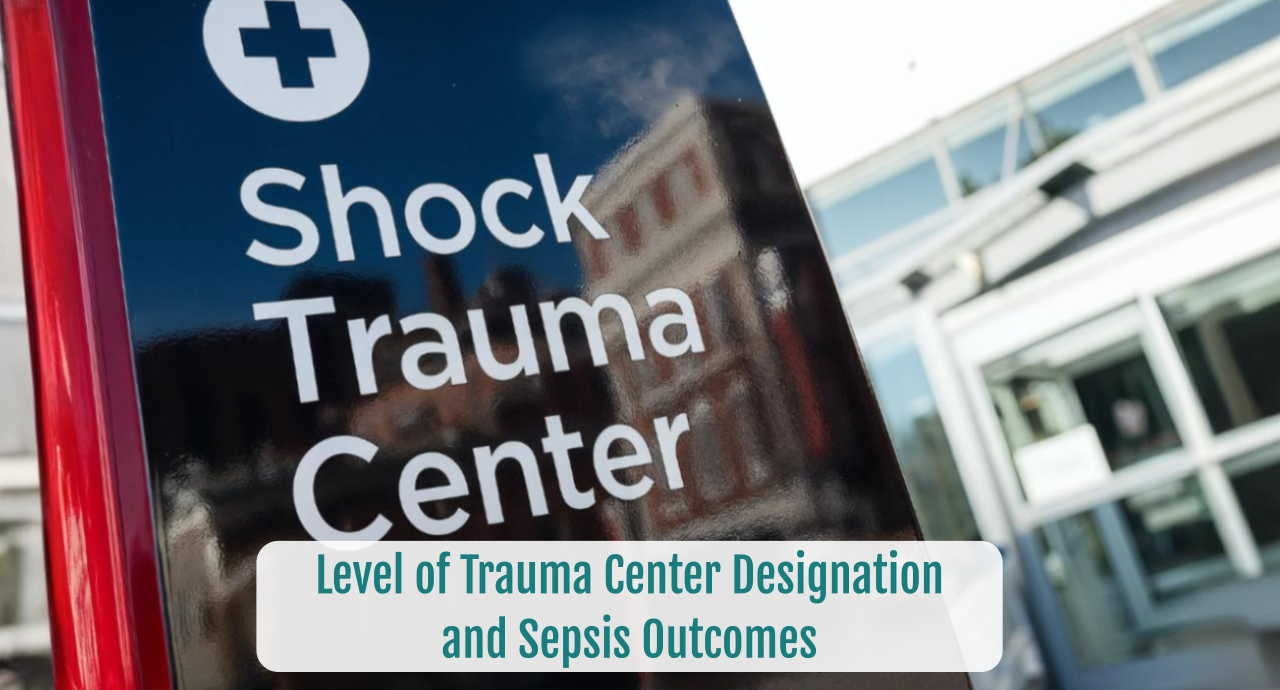Should Hemodynamic Profiling be a Sepsis Best Practice?
SUMMARY
- Surviving Sepsis Campaign (SSC) guidelines were previously developed in 2016 and published in 2017.
- The SSC 2021 guidelines provides an update to the SSC 2016 guidelines.
- New recommendations are provided for a number of areas in the management of sepsis.
BACKGROUND
- Relevant English language articles prior to 2019 were reviewed.
- Six SSC workgroups were developed:
a. Screening and Initial Resuscitation
b. Infection
c. Hemodynamics
d. Ventilation
e. Additional Therapies
f. Goals of Care and Long Term Outcome - The statements were distributed as follows:
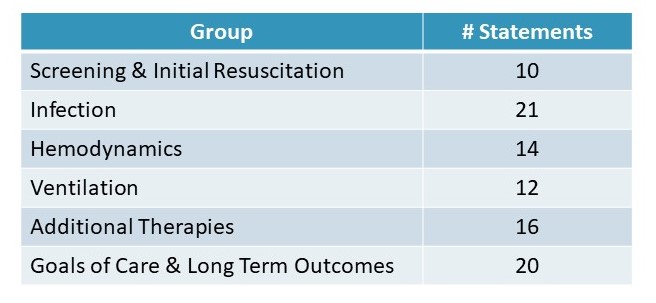
REVIEW
- There is increased attention to rapid and continued assessment of infectious vs non-infectious etiologies of acute illness.
- An effort to not start antimicrobials in low likelihood cases of sepsis and quickly discontinue is occurring with new antimicrobial administration guidelines
- This impacts the early bundles:
One Hour: Administer antimicrobials in high probability sepsis cases or those with
septic shockThree Hour: Administer antimicrobials within 3 hours in cases of possible sepsis
where infection concern persists.Defer Antimicrobials in low probability sepsis cases and look for another cause of
inflammation
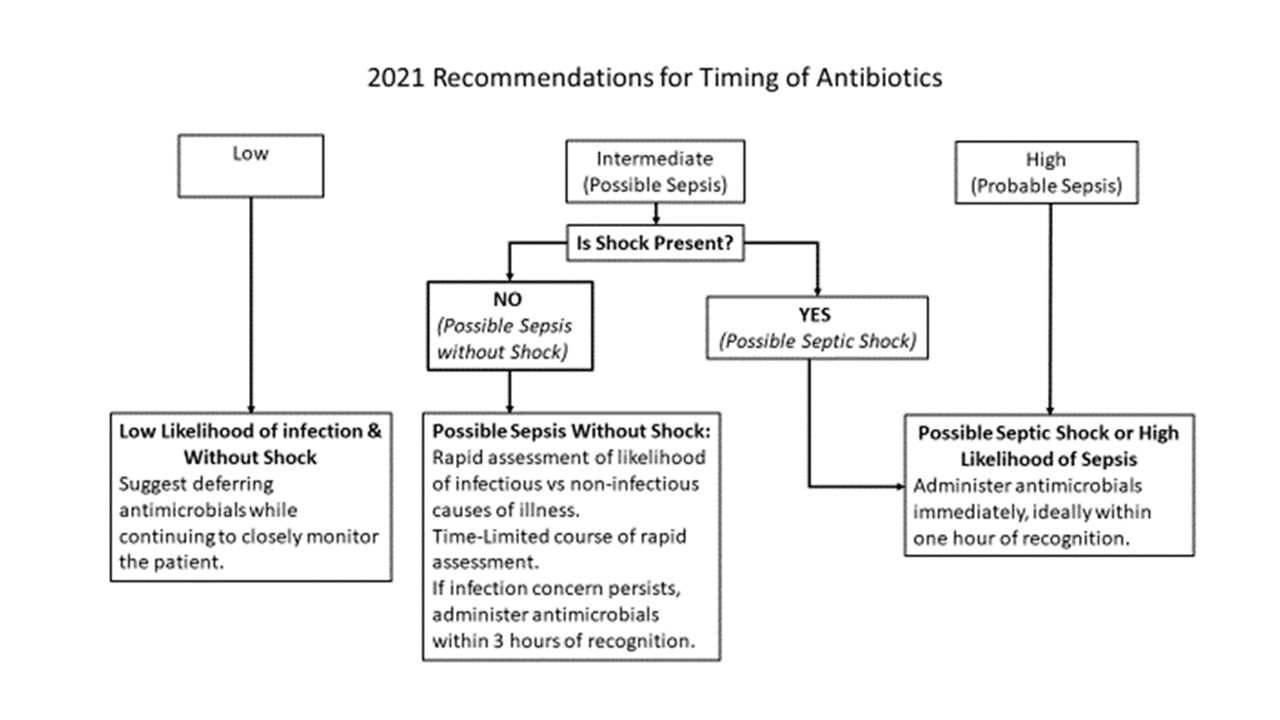
- Norepinephrine is still preferred.
- Add vasopressin, however the threshold at which to add vasopressin is unclear
- Add dobutamine or switch to epinephrine if cardiac dysfunction persists
New guidelines on Vasoactive Agent administration
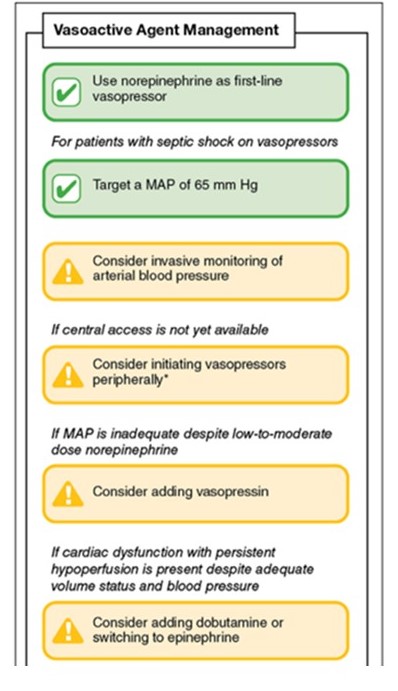
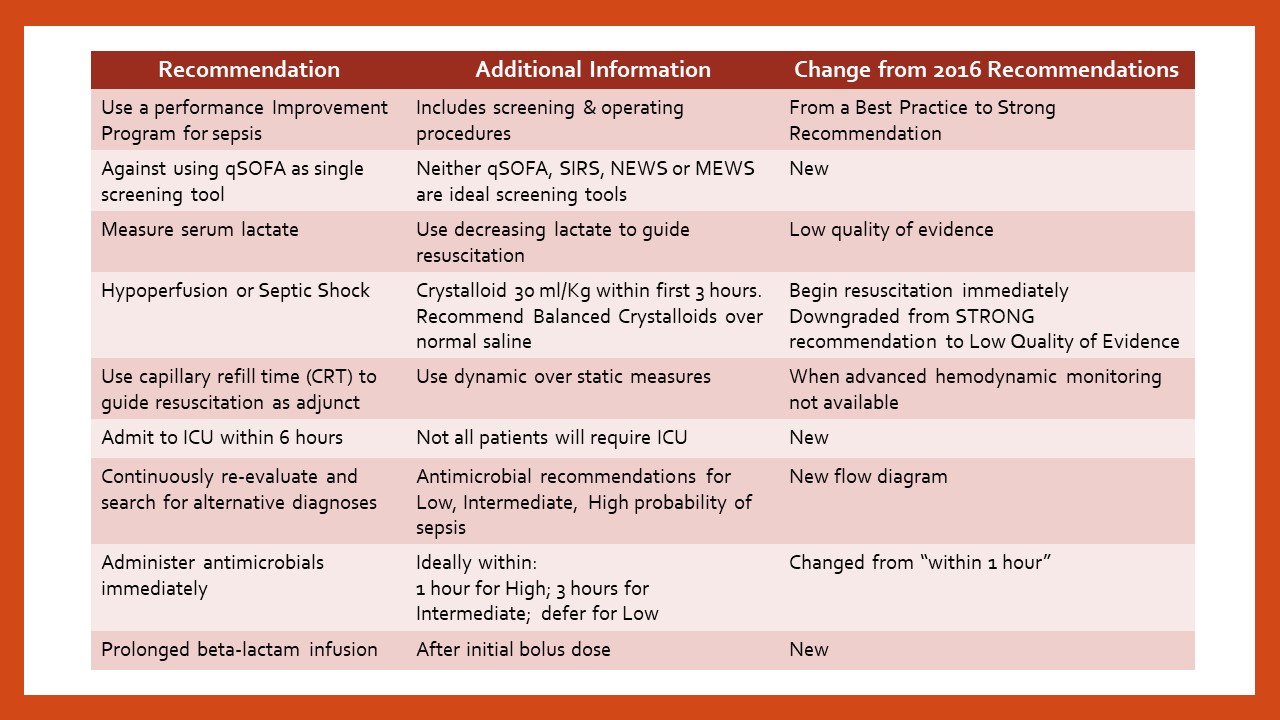
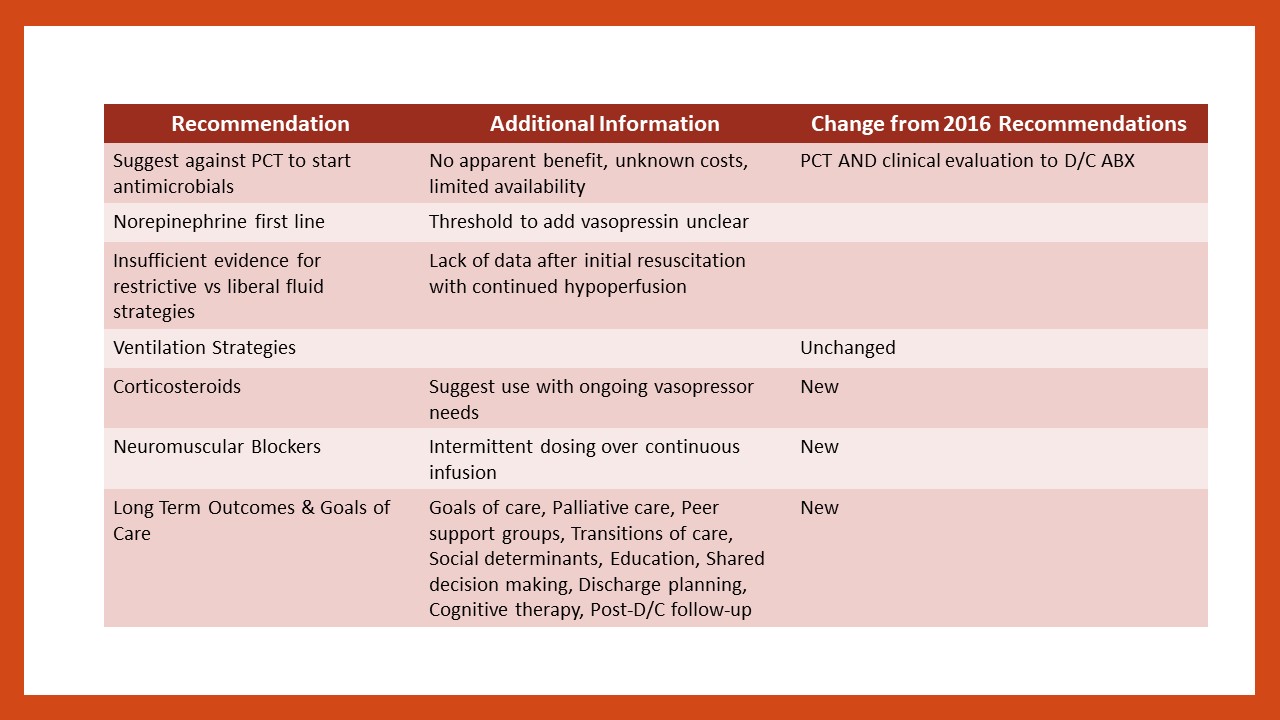
CONCLUSIONS: KEY CHANGES
- A strong recommendation for each hospital to develop a sepsis quality improvement program
- Continuous assessment and evaluation of patients for:
- Other causes
- Optimizing therapy
- Clarification of the Hour-1 vs 3-Hour bindle requirements
- Administration clarification for:
- Antimicrobials
- Fluids
- Corticosteroids
- Neuromuscular blockers
- Addition of guidelines for long term outcome considerations
To receive articles like these in your Inbox, you can subscribe to Sepsis Program Optimization Insights.
Erkan Hassan is the Co-Founder & Chief Clinical Officer of Sepsis Program Optimization where he designs & oversees the implementation of solutions to optimize sepsis programs.
To discuss your organization’s Barriers of Effective Sepsis Care, contact Erkan by phone (844) 4SEPSIS (844-473-7747), email (erkan@spo.icu), or video chat.

